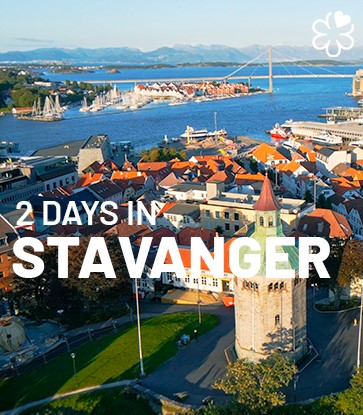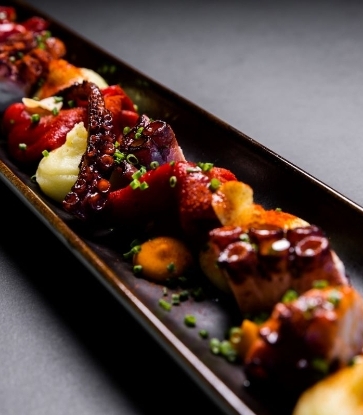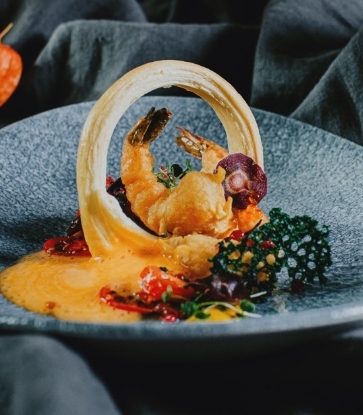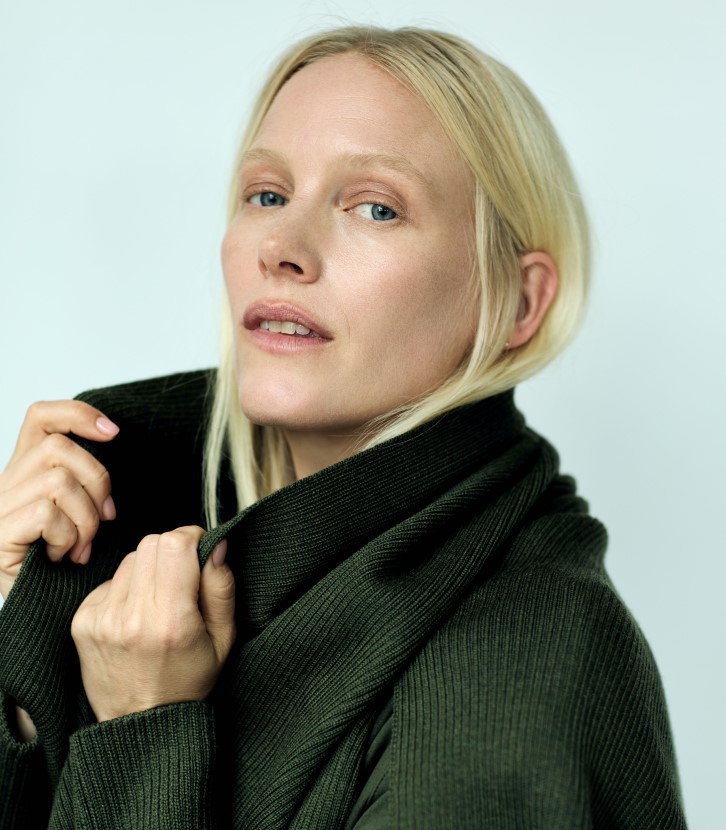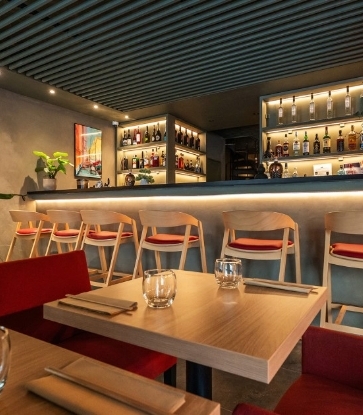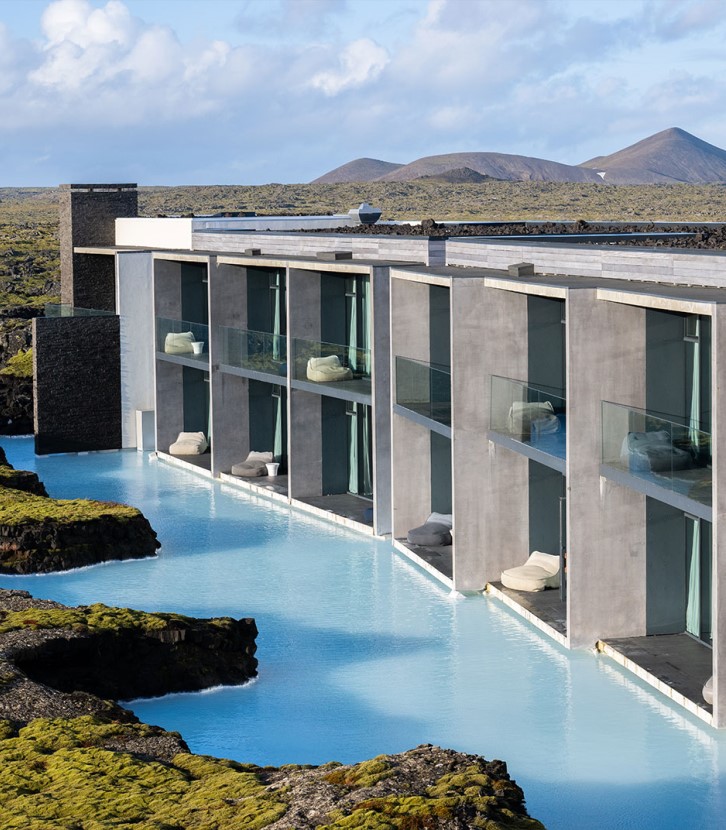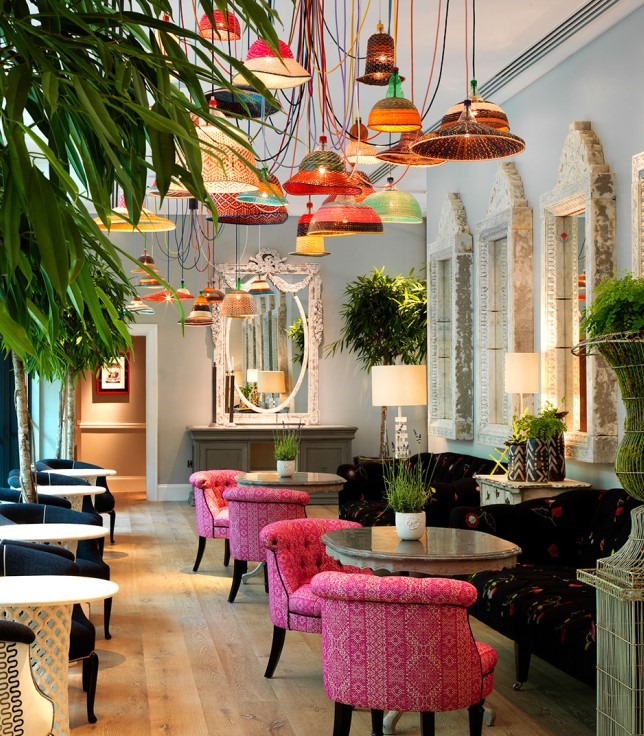With spring knocking at the door and the Easter weekend upon us, we take a look at how the different Nordic countries choose to celebrate the occasion as, although they have a lot in common, each has its own unique culture and customs.
Traditions
For Norwegians, Easter is all about the end of winter, the return of the sun and the arrival of spring. Homes are decorated in yellow and green and on Palm Sunday birch tree twigs (to represent the palms) are brought into the house and hung with painted eggs and other Easter decorations. Yellow candles and flowers are popular and favourite activities include painting eggs, sewing ornaments and making cards. It is also the time for bringing out the summer furnishings.
The Wednesday before Easter is the last working day, when people stock up on supplies and alcohol, as most stores close for the long weekend. Many people take this opportunity go to their mountain cabins (hytter) to hike or indulge in snow sports, as the snow is good and the weather is sunny. Favourite snacks while out on the mountains (and also at home) are oranges and Kvikk Lunsj bars – a milk chocolate covered wafer divided into four fingers. Over 20 million oranges and 18 million Kvikk Lunsj bars are eaten at Easter each year!
Churchgoers celebrate the Last Supper on Maundy Thursday, while many others head for a spot of retail therapy, particularly at the cheaper shopping centres just over the Swedish border. Good Friday is usually a quieter day, as traditionally fun and extravagance were forbidden. Commercials are not shown on TV and instead charity advertisements are aired. In Oslo, there is a processional korsvandring (cross wandering) through the streets.
Easter Saturday, also called Easter Eve, is not a national holiday, but many shops close early and people celebrate with outdoor activities and skiing competitions. The traditional dinner is lamb accompanied by boiled potatoes and vegetables, not forgetting an Easter beer (påskeøl). Many attend the Church’s midnight mass to welcome in Easter Sunday.
Traditionally, on Easter Sunday, people would journey to the top of the mountains to watch the sunrise and observe the weather, as an indicator of whether the summer would be good or arrive late. Now, however, the focus is more on a bountiful breakfast, with pancakes and eggs the key players – the latter in various formats from fried, scrambled or poached to painted or dyed then boiled. You’ll also find various different types of breads, cheeses, hams, seafood and spreads. For supper you might find rakfisk, a fermented trout dish made from trout or char, served sliced on flatbrød or lefse and topped with boiled potatoes, raw onion and sour cream.
The chick has long been a symbol a new life. Traditionally chickens’ eggs were decorated as they were in abundance after Lent; these eventually gave way to chocolate eggs and then again to colourful paper eggs filled with chocolates or sweets. On Easter Sunday, while the adults prepare breakfast, the children often take part in Easter egg hunts.
For both those in their cabins and those who stay at home, reading, watching or listening to påskekrim (Easter Crime) is popular – the tradition dates back to 1923, when two Norwegian authors decided to cash in by writing a crime novel about skiing students, cabins and Easter. Today, Easter and Crime go hand in hand, and even the milk cartons come with short thrillers on them!
Further north, in Kautokeino, you’ll find the Sami people celebrating with the Sami Easter Festival, which showcases music, film, art and duodji (traditional handicrafts), alongside lassoing, a snow-scooter cross and the World Reindeer Racing Championships.
The MICHELIN Guide Inspectors' Favourite Hotels
April in Norway marks warmer days and more hours of daylight, with the melting snow creating some wonderful natural waterfalls. So why not book yourself a long weekend and see what the country has to offer? Here are some of the Inspectors' favourite places to stay:Designer: The Thief, Oslo
Named after the small prison island on which it stands, this hotel has a warm Scandinavian style and plenty of modern gadgetry. It sits within a car-free district and comes with its own boat for cruising the Oslofjord.
Contemporary-Classic: Amerikalinjen, Olso
Set in the former HQ of the Norwegian America Line cruise-ship company, Amerikalinjen is a tribute to its setting’s glamorous seafaring history. Maritime-themed touches like shiny marble and brass accompany a collection of framed maps, photos and old dining menus.
Outside the City: Steam Hotel, Västerås
This old timber farm and sawmill has roots in the 16th century and sits on the river's edge, with salmon fishing being a popular activity. The bedrooms are roughly equal parts historical tribute and modern-rustic boutique chic.
Where to Go and What to Do
If you're staying centrally, follow our MICHELIN Guide itinerary around Oslo to discover where to eat and what to do in Norway's capital.Hero Image: The Michelin-recommended Boen Gård hotel in Kristiansand, Norway (© Boen Gård)





